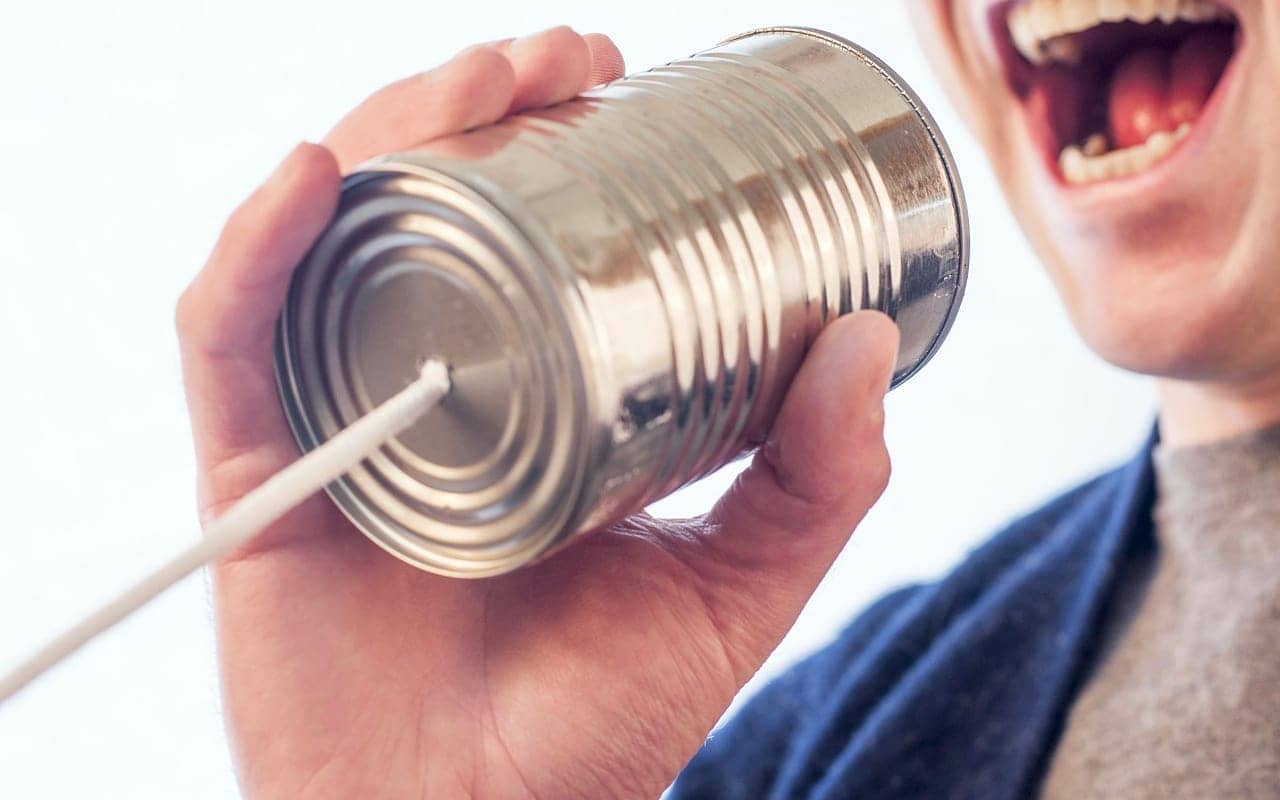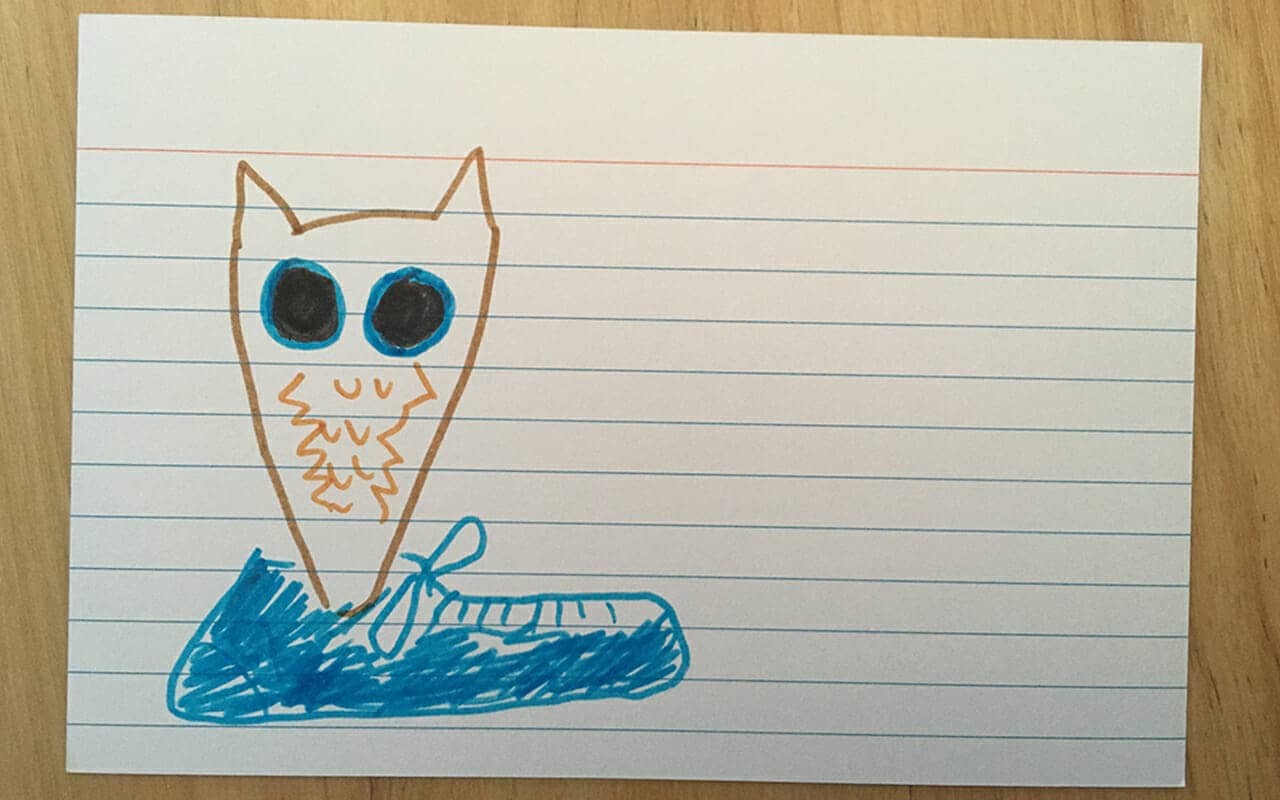 If you want to know how many hours it takes to learn French, you may have come across conflicting information.
If you want to know how many hours it takes to learn French, you may have come across conflicting information.
That’s because organizations like CEFR break how long it takes to learn a language down into categories:
- Basic (Utilisateur Élémentaire)
- Intermediate (Utilisateur Indépendant)
- Proficient (Utilisateur Expérimenté)
Each level as two sections with its own amount of recommended hours.
If that all sounds complex, quite frankly, it is.
And classroom hours may not even be necessary for you, especially since French is generally considered one of the easiest languages to learn.
The truth is that a basic French class will take between 300-600 hours.
And you’re looking at well over 1800 hours to reach the proficient levels – but this is a level that involves reading academic research papers. If that’s your goal, then it make sense to attend classes for that long.
But many of us just want to be able to have simple conversations and read fun French literature. Many of us can accomplish these goals easily within 3-6 months.
So with that in mind, let’s look deeper at how fast you can learn French and give you some resources to make it happen.
Why French Is One of the Easiest Languages to Learn
Now, I know what you might be thinking:
French has gendered nouns and the spelling is complicated!
Yes, these features of French do present some challenges.
But when you memorize French phrases using the pegword method, spelling is actually quite simple.
Many English words are virtually the same as French too. And the grammar is not nearly as complicated as it seems when you use the Memory Palace for language learning.
We’ll talk more about these techniques in a moment. But for now, rest assured that French really is one of the easier languages. It just takes a bit of time management and focus. You’ll be fluent before you know it.
8 Reasons You’re Not Learning French as Quickly as You Could Be
A major reason people struggle to learn French comes down to critical thinking barriers.
For example, people will say things like:
- I have to memorize thousands of words
- I don’t have time
- It’s too difficult
- I can’t
- I’m not good at language learning
- I don’t feel motivated
- I can’t afford a class
- I don’t know any other language
Guess what? None one of these are problems that have anything to do with French.
A lot of them have to do with either mental strength or time management. Each of these issues can be improved by using a journal in a particular manner.
In terms of affordability, just about everything you need is available freely online. Including all the words you need to be fluent in any language.
6 Memory Techniques to Help You Learn French Faster
Now that you have solutions to the common objections that stop people from learning French, I hope you’re convinced that this language is far from hard.
Let’s turn our focus now to fun and easy ways to start learning French without obstacles.
One: Use The Big 5
To make rapid progress with French, it’s important to blend a number of activities. The key activities are:
- Reading
- Writing
- Listening
- Speaking
- Memorizing
Now, you might think that you’d be distracting yourself by switching between so many activities.
But this is not the case. In fact, intentionally changing between learning activities is called interleaving.
It’s not only a scientifically valid learning tactic. It’s also a powerful alternative to the boredom created by rote learning.
Let’s break these activities down further.
Two: Speak French Daily
When you’re learning a new language, it’s important to start speaking right away.
Don’t worry about making mistakes. You don’t have to start with speaking publicly from day one. You can mimic recorded courses, for example, such as the language course for French produced by Pimsleur.
Three: Read From Day One
A great way to get started speaking French is to read aloud every day. But it’s also important to read silently as well.
To find French books that aren’t too challenging in the beginning, find yourself a few graded readers.
Then, gradually seek more challenging reading material. My friend Olly Richards produces fantastic French story learning books designed specifically for students of French.
You can also read directly from the dictionary. As you can see, this is one of my favorite ways to practice French.
Four: Listening Practice
I was lucky. My father speaks French and I grew up in Canada.
But I now live far away and these days, it has never been easier to hear French daily. It’s never further than an Internet search away. This is true for all of the best languages to learn for success in the modern world.
The best part?
Netflix is a powerful language learning tool. Here’s a tutorial on how to use it and other streaming services for listening and reading practice at the same time.
Five: Memorizing
There are many ways to memorize. My favorite is the Memory Palace technique.
Simply put, you place associations that help you remember French words and phrases in imaginary versions of familiar locations. Then, as you practice spaced repetition, you revisit those places. This process helps the material enter long-term memory much faster.
You can also explore other tools, such as flashcards and Anki. I personally like to draw my own flashcards, such as this one for “C’est chouette!” (It’s cool!)
To take your use of flashcards for French to the next level, consider learning how to use either Zettelkasten or the Leitner System.
Six: Writing French From Memory
According to memory expert Lynne Kelly, author of Memory Craft, the hands are the ultimate encryption device.
This is true. Of all the ancient memory techniques, using your hands is the most fascinating.
In the case of learning French much faster, the process is quite simple.
Do all of the other parts of the Big Five. Then write from memory each day everything you remember learning.
You can draw directly from Memory Palaces you’ve created, or simply think back to your cards and your reading.
As long as you are using great learning materials, these steps combined will lead to fantastic progress. And the best part is that you can get a teacher to read your writing and give feedback quite inexpensively.
How Fast Can I Learn French?
Ultimately, the answer is up to you.
CEFR’s levels, A1 – C2 don’t necessarily reflect reality.
Frankly, they can be pretty demotivating too.
What most of us really need is a plan for getting the Big Five taken care of daily. That’s simple enough to do with a pencil and a calendar.
In terms of working with language learning partners, there are several language learning software programs that help you find them for free.
Beyond that, it’s just a matter of mastering your memory. If you’d like help with that, get my no-cost Memory Improvement Course right here:
It will take you deeper into the core techniques I’ve used to learn several languages myself.
So have my students, and I have more testimonials from them than I have time to post online.
That’s because the techniques I teach are 100% scientifically valid and based on thousands of years of tradition.
Even royalty have used these techniques.
So if they’re fit for a queen, surely you can use them to learn French faster too. You can even learn French and Spanish at the same time if you really get organized, which is precisely what today’s tips will help you do.
Dive in, have fun and bon voyage!
Related Posts
- Stoic Secrets For Using Memory Techniques With Language Learning
Christopher Huff shares his Stoic secrets for using memory techniques when learning a language. You'll…
- How Hard Is French To Learn?: Your Ticket To Making French Easier
How hard is French to learn? Not hard at all, unless of course you're lacking…
- The German Professor Who Defends Memory Techniques for Language Learning
This professor defends memorization techniques for learning foreign languages and has the science to prove…








